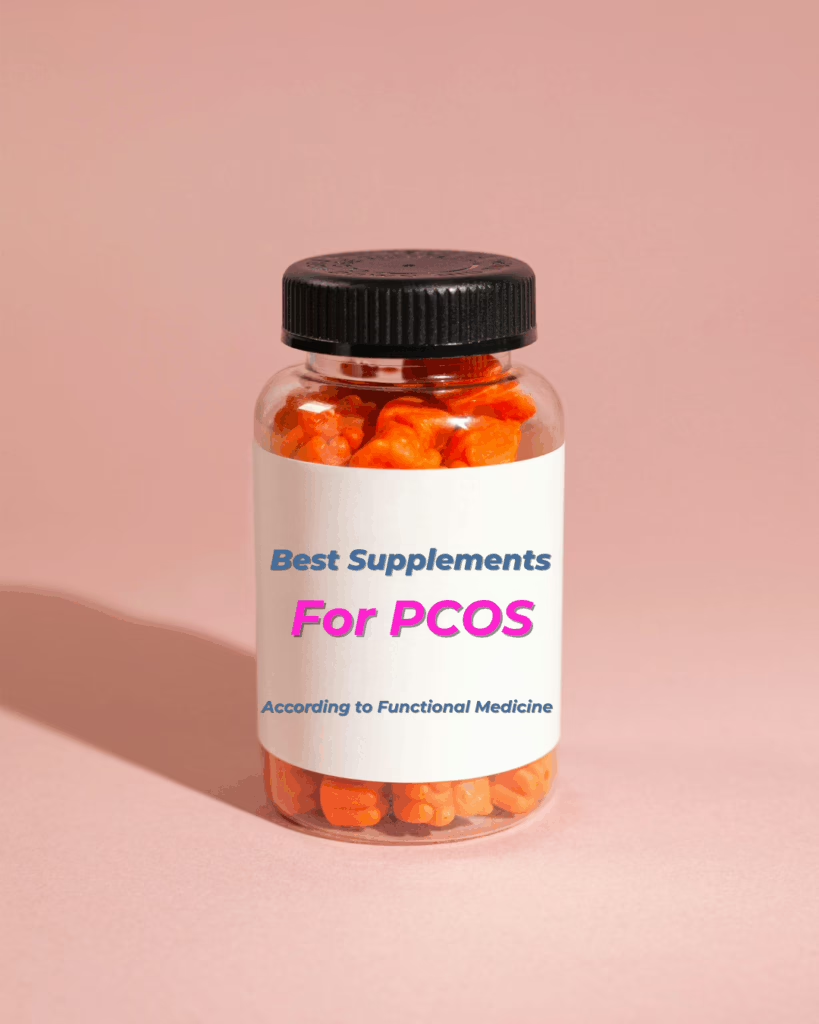The 10 Best Supplements for PCOS According to Functional Medicine
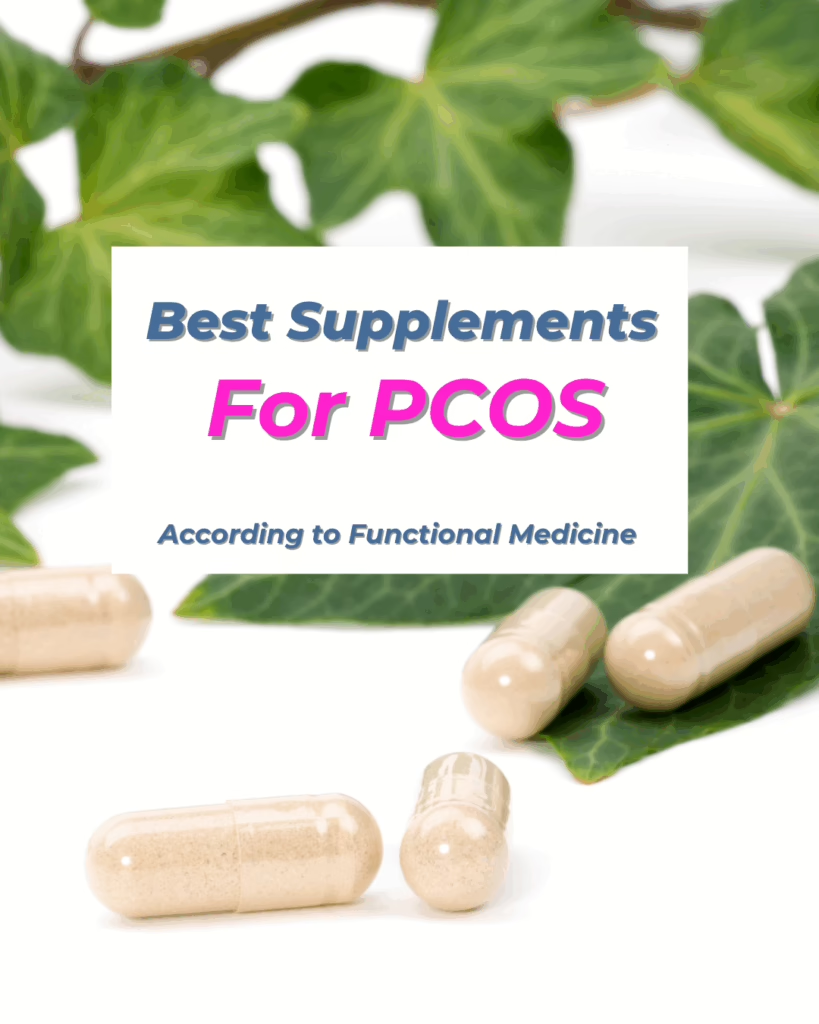 What are the best supplements for PCOS?
What are the best supplements for PCOS?
If you’ve asked yourself what the best supplements for PCOS are: ones that will actually help with your symptoms, reduce your facial hair or hair loss, help you lose weight, help you get regular periods, etc, you’re in the right place!
I’ve covered the best supplements for specific PCOS health issues (like facial hair growth) in other articles. I’ve also covered WHY supplements do work for PCOS and how they can help, as well as covering some of my favorite supplements (like NAC), but today’s article is about the best supplements for PCOS generally. These are the supplements that are going to help with all of the root cause issues of PCOS more broadly so that you’ll see legitimate changes to your PCOS symptoms with time.
What is functional medicine for PCOS?
Functional Medicine is a branch of integrative medicine that looks at the human body as an interconnected system. In conventional medicine, we might look at the hormones as if they are separate from everything else. We might say: here’s a woman with PCOS with high testosterone and it must be this testosterone causing all these issues.
That makes sense on the surface, but the functional medicine paradigm would ask a deeper question: why is there so much testosterone in the first place?
With so many of our health issues, the answer is a combination of complex factors related to genetics, metabolism, environment and lifestyle. Functional medicine for PCOS strives to makes sense of all those factors and uses nutrition and lifestyle tools (like supplements and diet change!) to help from the root cause.
I’m a functional nutritionist and have been operating under this paradigm for over a decade. I’ve seen it change lives, reverse symptoms, bring miracle babies, and so much more. These supplements are just a tiny part of that work, but an important one!
What makes these the best supplements for PCOS?
Each of these supplements helps with a wide range of PCOS root cause issues.
PCOS has three root causes that drive symptoms (I discuss those root causes in more depth in this article) but to give you a brief overview: inflammation, insulin resistance, and adrenal dysfunction are where the vast majority of PCOS symptoms originate.
What each of these supplements helps to do is to modulate at least one of those root cause issues so that they help your body heal and work better from the inside out. These supplements are not band-aids to mask symptoms, they are active partners in your PCOS nutrition journey.
My personal opinion after more than a decade of private practice as a PCOS nutritionist is this: you will make more progress and faster when you include a few high quality, high potency supplements AT THE SAME TIME as you change your diet and lifestyle than you would with just lifestyle/diet change alone. Supplements really can be the key that takes progress up several notches, especially if you figure out what’s driving most of your PCOS symptoms.
If you need more help discovering what’s driving your PCOS symptoms, you’d benefit from my PCOS Foundations program here. You can find more information on how I set up an ideal diet for PCOS here as well.
There are a lot of supplements out there but it’s this ability to really work on root causes that makes these the best supplements for PCOS.
Consistency and Potency is key for the best supplements for PCOS
A quick disclaimer: supplements are not inert. This means that if you take a high potency supplement over time, you will see changes. That’s a good thing! But that also means that some caution is necessary.
Buying your average bottle of something off the grocery store shelves may not do much for you since it doesn’t contain very much of the active ingredient you need. It’s fine to play around with those most of the time because it’s not doing too much either way.
But the supplements I tell you about and link below are high potency, therapeutic grade. That means that they are designed for use by practitioners and contain higher levels of the ingredients inside. These supplements all have a fairly heavy research backing, they’ve been studied and seen real results in real people. But those results have come from a certain amount of the supplement given over a certain length of time. You need to get as close as you can to that amount in order to actually see similar results.
The best supplements for PCOS
Ready to finally see what the 10 best supplements for PCOS are? Let’s get started. In the rest of the post I’ll provide information about each of these supplements, the research behind them, and how they might help you.
I recommend starting with one or two main supplements, rather than taking them all, so that you can see which ones are making a difference easier.
 10. Berberine | Best Supplements for PCOS
10. Berberine | Best Supplements for PCOS
Berberine is an herb that can help reduce blood sugar levels and is great for women with PCOS and insulin resistance. It’s ability to improve insulin levels helps with weight management and makes it one of the best supplements for PCOS.
A 2023 multi‑center randomized controlled trial investigated Berberine Phytosome (550 mg twice daily for 90 days). About 70 % of women resumed regular menstruation versus 16 % of controls, ovarian morphology normalized and acne/hirsutism improved, although metabolic and hormonal profiles were largely unchanged [frontiersin.org]
Berberine seems particularly helpful for reproductive and dermatological symptoms and is generally well tolerated.
Shop my recommended berberine here.
9. Melatonin & Magnesium Combo
Many women with PCOS are magnesium deficient and sleep deprived. Melatonin plays a lot of roles in the body, not just with sleep but for hormonal regulation as well. So, combinations of these two can help with inflammation reducing and reducing testosterone and insulin.
A double‑blind placebo‑controlled trial showed that co‑supplementation with melatonin and magnesium for eight weeks decreased testosterone, serum insulin and HOMA‑IR, reduced total cholesterol and LDL cholesterol and increased HDL cholesterol [nutritionandmetabolism.biomedcentral.com]
Melatonin alone also improved sleep quality, which can indirectly influence insulin sensitivity [nutritionandmetabolism.biomedcentral.com]
Evidence for melatonin alone is limited, but it may be useful for women with sleep disturbances. There is some newer research being done for fertility in PCOS with melatonin at high doses but I don’t have enough to recommend that yet.
Combining this melatonin with this magnesium will get you a similar effect as the study. This bundle combines them for a discount as well.
8. Chromium Picolinate | Best Supplements for PCOS
Another great supplement for insulin resistance, particularly if you struggle with higher blood sugar levels. Chromium also supports weight management in PCOS.
A meta‑analysis of seven RCTs reported that chromium supplementation decreased BMI (−2.37 kg/m²), fasting insulin and free testosterone levels but did not significantly affect total testosterone or other hormones [pubmed.ncbi.nlm.nih.gov].
Chromium may enhance insulin signaling and reduce hyperandrogenism, although studies are relatively small.
Shop my recommended chromium picolinate here.
7. Cinnamon
This is one of my favorite superfoods for PCOS (I’ve got a whole article on those too!). Cinnamon can easily be added to your food throughout the day or you can take as a capsule. I recommend about 1 tsp a day to get the best results and ideally split up through the day.
While most studies have been done with cassia cinnamon, I’ve heard a lot of people over the years say that ceylon cinnamon is better tolerated by their stomachs. I don’t have personal experience with this one myself, but you may want to try that as well.
A 2020 meta‑analysis pooling five RCTs found that cinnamon supplementation significantly decreased fasting blood sugar, fasting insulin and HOMA‑IR [pubmed.ncbi.nlm.nih.gov] It also lowered LDL‑C, total cholesterol and triacylglycerol while increasing HDL‑C.
Although trials were small, results suggest cinnamon may help manage glucose and lipid disturbances in PCOS.
Shop my recommended cinnamon here.
6. Co-Q-10 | Best Supplements for PCOS
Co-Q-10 works by helping your cells function better. Your mitochondria are known as the “powerhouse” of your cells and they create the energy you need for literally everything (including your hormones) to function. In PCOS, we tend to have pretty overwhelmed cells and co-q-10 can help support them. If you have insulin resistance, inflammation, or fertility issues- this is a supplement I almost always recommend.
A 2023 meta‑analysis of nine RCTs (>1,000 participants) showed that CoQ10 supplementation improved insulin resistance (lower HOMA‑IR, fasting insulin and glucose), increased follicle‑stimulating hormone and reduced testosterone, and improved lipid profiles by lowering triglycerides, total cholesterol and LDL cholesterol [pubmed.ncbi.nlm.nih.gov].
CoQ10 is considered safe and may support mitochondrial function.
Shop my recommended Co-Q-10 here.
5. Probiotics
I’ve connected for a while that gut health and the bacterial balance of our microbiome makes a huge difference in PCOS symptoms. PCOS isn’t just about insulin, it’s about the inflammation that is triggered all over the body, and much of it stems from imbalanced gut bacteria.
It might seem a little counterintuitive, but probiotics are always at the top of my list of suggested supplements for PCOS. Working on gut health helps with hormone metabolism and detoxification. If you’ve ever struggled with symptoms of estrogen dominance or high cholesterol, your natural detoxification systems (like your liver and gut) may be overwhelmed.
In modern life, so much of what we do is hard on our gut. I genuinely think almost everyone should be on a daily probiotic. For it’s ability to provide all around benefit for health and PCOS symptoms, I recommend probiotics as one of the best supplements for PCOS.
The key with probiotics is potency. Make sure you’re using a shelf stable probiotic and one with a high CFU count (colony forming units) to get the best results.
A 2022 meta‑analysis of 11 RCTs found that probiotic supplementation significantly reduced body weight, BMI, fasting plasma glucose, insulin, HOMA‑IR, triglycerides, very‑low‑density lipoprotein, C‑reactive protein and malondialdehyde [pubmed.ncbi.nlm.nih.gov].
Gut‑microbiota modulation may therefore help improve metabolic and inflammatory aspects of PCOS.
Shop my recommended probiotic for PCOS here.
 4. Vitamin D | Best supplements for PCOS
4. Vitamin D | Best supplements for PCOS
Vitamin D is an important nutrient for our immune health and women with PCOS often are deficient in it. It’s amazing how getting your levels up can help improve memory, focus, energy, and even ovulation!
A randomized controlled trial (2024) of 2,000 IU/day vitamin D for 12 weeks reported reductions in BMI, waist‑to‑hip ratio, serum insulin, HOMA‑IR, triglycerides, total cholesterol and LDL cholesterol [ovarianresearch.biomedcentral.com]. Earlier meta‑analyses also show modest improvements in insulin resistance and androgen levels [pmc.ncbi.nlm.nih.gov].
Given the high prevalence of vitamin D deficiency in PCOS, supplementation is a low‑risk strategy.
Shop my recommended Vitamin D here.
3. Omega 3 Fatty Acids
Omega 3 fatty acids typically come from fish oils and they work by reducing inflammation levels all over the body. Since PCOS is highly connected with inflammation and inflammation can cause testosterone production to increase, making sure you’re eating regular fish is key. But many women still don’t get enough to move the needle much, so supplementation can be very supportive.
If you’re an inflammatory PCOS woman, this is one I highly recommend and definitely one of the best supplements for PCOS. Getting at least 700 mg of EPA in your fish oil per day is key and this is where most fish oils miss the mark.
An updated meta‑analysis of 11 RCTs (816 participants) reported that n‑3 PUFA supplementation significantly reduced waist circumference, fasting glucose and insulin, HOMA‑IR, triglycerides and total/LDL cholesterol, while increasing adiponectin levels [ovarianresearch.biomedcentral.com].
Longer interventions (>8 weeks) showed stronger benefits [ovarianresearch.biomedcentral.com].
Shop my recommended Omega 3s here.
2. Inositols (Myo and D-chiro inositol)
You’ve heard of this one and for good reason. Inositol (sometimes marketed in the popular brand ovasitol) is a nutrient naturally made in the body but typically deficient in PCOS. It’s one of the best studied nutrients for PCOS with lots of research showing improvements to symptoms, particularly if you have insulin resistant PCOS.
A 2017 meta‑analysis of randomized trials found that myo‑inositol significantly reduced fasting insulin and improved the homeostatic model assessment of insulin resistance (HOMA‑IR) in women with PCOS [pmc.ncbi.nlm.nih.gov]. Participants also showed better ovulatory function and lipid profiles. This strong evidence base and good safety profile make myo‑inositol a top choice of the best supplements for PCOS.
The key with inositol is to get the right kind and the correct ratio. You want a 40:1 ratio of myo to d-chiro inositol because this is the ratio naturally found in the body. Many supplement brands don’t accomplish that or will have one type of inositol and not the other. My recommended brand has the ideal ratio.
Shop my recommended inositol here.
 1.N-acetyl Cysteine (NAC)
1.N-acetyl Cysteine (NAC)
My absolute favorite for PCOS, and in my opinion the best supplement for PCOS is NAC. I love it so much that I wrote a whole article exclusively about NAC and all the health benefits.
I’ve been recommending this supplement for years so I was pleasantly surprised when some new research confirming it’s use for PCOS came out a couple years ago. NAC works by helping your body make more glutathione, it’s master antioxidant. It works better than taking glutathione directly because your body absorbs and utilizes it better.
A 2023 systematic review and meta‑analysis of 11 RCTs (869 women) showed that NAC supplementation reduced BMI, body weight, fasting insulin, fasting glucose and cholesterol compared with placebo or metformin [pubmed.ncbi.nlm.nih.gov].
NAC also improved ovulation rates and pregnancy outcomes in some trials, making it one of the most promising adjunct therapies.
You want to aim for at least 500 mg of NAC per day to see the best results for PCOS symptoms.
Best Supplements for PCOS
So that’s it, the best supplements for PCOS! I hope you give a couple of these a chance to help you!
Here’s the thing: you need to ensure you pick something and stay consistent with it to see results. Supplements aren’t like prescription medications, they rely on consistency and potency to do their job. I always recommend trying something at least three months and keeping track of symptoms before you decide whether it helped you or not.
Good luck in your PCOS supplement journey!
The 10 Best Supplements for PCOS (According to Functional Medicine)
Amber Fischer, MS, CNS, Functional Nutritionist
August 4, 2025
MEdical Disclaimer
The information contained on amberfischernutrition.com is for informational and education purposes only and should not be construed as medical advice. As a nutrition professional, I draw upon evidence based practices and personal experience with myself and clients to form recommendations like the ones made in this guide. You are an individual with your own unique set of health goals and concerns. Ensure you discuss any changes to your diet with a qualified healthcare professional, like your doctor, to ensure these changes are right for you. This is especially important if you have any other underlying medical conditions. Do not consume foods you are allergic to. Results will be individual and will vary.
Affiliate Disclosure
This site contains affiliate links. When you make a purchase through a link provided on this website, I may make a small commission. This does not add to the purchase price of the item. I only link to items I truly use and recommend.
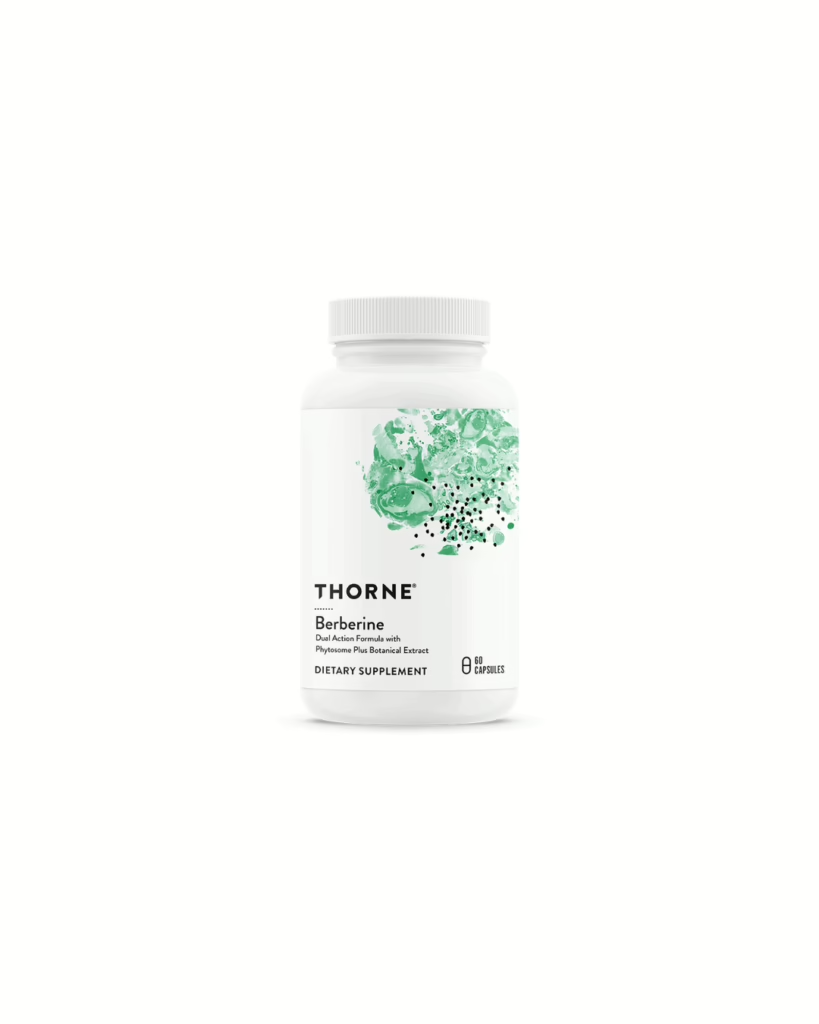 10. Berberine | Best Supplements for PCOS
10. Berberine | Best Supplements for PCOS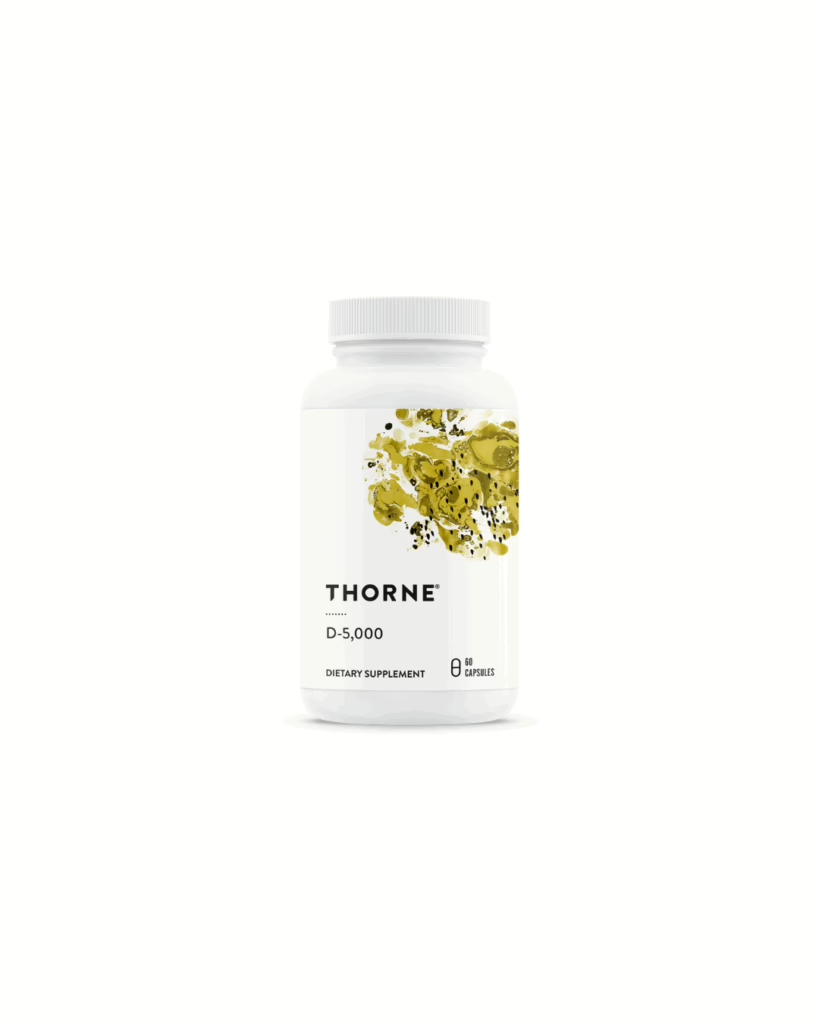 4. Vitamin D | Best supplements for PCOS
4. Vitamin D | Best supplements for PCOS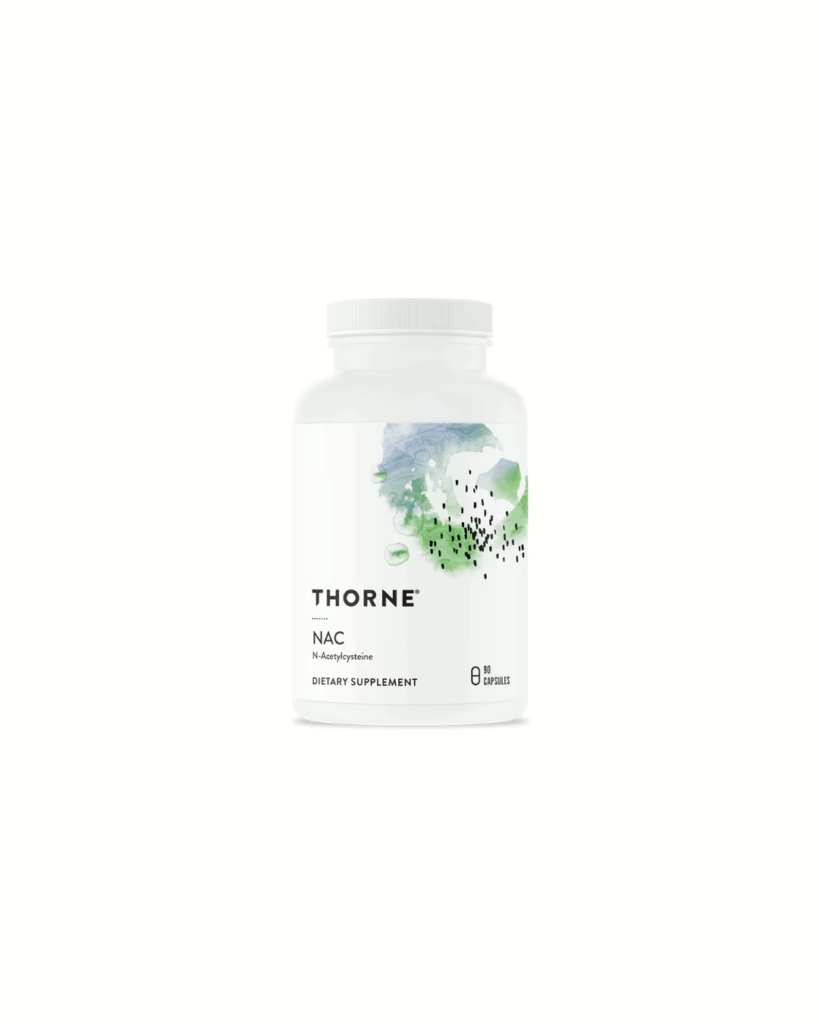 1.N-acetyl Cysteine (NAC)
1.N-acetyl Cysteine (NAC)